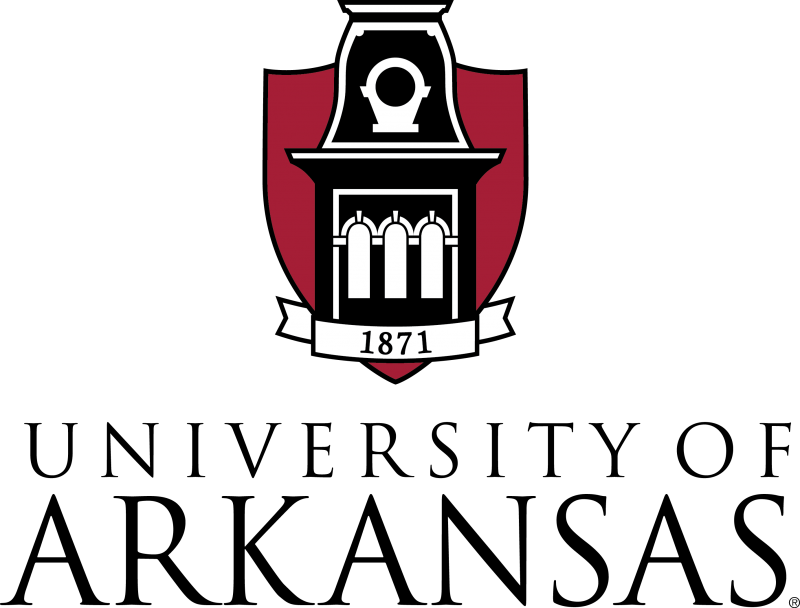David Zaharoff, assistant professor and holder of the Twenty-First Century Endowed Professorship in Biomedical Engineering and doctoral student Bhanu Koppolu have encapsulated protein antigens in chitosan and demonstrated that the combined material enables or improves immune responses.
Vaccine development over the past decades has shifted toward antigens, which are toxins or other foreign substances that induce an immune response. Medical researchers have focused on encapsulating polypeptide antigens in nano- and micro-particles, an approach that has several advantages. The particles prevent antigen degradation, facilitate ingestion of chemical agents into antigen-presenting cells and can be engineered to carry adjuvants, or substances in addition to the primary antigen or drug.
One material that Zaharoff has focused on is chitosan, a natural polysaccharide derived primarily from the exoskeletons of crustaceans. Chitosan-based vaccine delivery systems have many advantages. The particles are easy to produce, and polypeptides can be encapsulated during particle formation or absorbed into particle surfaces after formation. Most importantly, chitosan’s mucoadhesiveness and ability to loosen gaps between layers of tissue make it an excellent vehicle for delivering vaccine agents.
The researchers’ in vitro experiments demonstrated that antigens encapsulated in chitosan enhanced activation of antigenpresenting cells. The combined material also increased the release of cytokines – proteins that produce an immune response – and caused a proliferation of antigen-specific T cells, or lymphocytes, which also actively participate in immune response.
